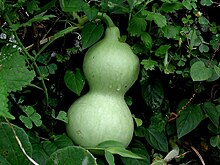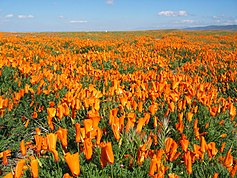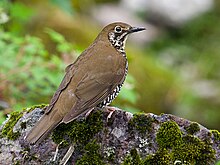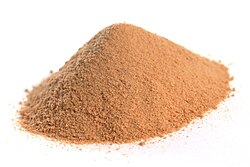Dyirbal is an extra precious and extraordinary language. For one thing, nouns are divided into four groups consisting of a) most animate objects and men; b) women, water, fire, violence and exceptional animals; c) edible fruit and vegetables; d) everything else.
The thing for which Dyirbal is most famous, however, is its taboo, until about 1930 when it died out, on speaking it to your mother-in-law. In fact it was worse than that because actually the taboo included speaking your own language to a child-in-law, father's sister's child, or mother's brother's child, as well.
At least, when I say you couldn't speak your own language, you could use the same grammar, but you couldn't use any of its words - except for the four different words that describe your grandparents.
The special language you had to use if one of these taboo relatives is listening is called Dyalŋuy (the ordinary form of Dyirbal is called Guwal).
Dyalŋuy is only a quarter of the size of Guwal, but there are various tricks that you can use to get round any lack of vocabulary. You can use altered forms of Guwal words, for instance, and you can also borrow words from neighbouring languages. It's thought that all Dyirbal-speaking children would have ben fluent in at least one neighbouring language and so the switch to using a mixture of the two language would be fairly easy.
And, do you know what?
I say to myself, as so very often, what an absolutely gob-smackingly wonderful world...
Word To Use Today: any you like, but only very polite ones, please, to your mother-in-law and cousins.




























